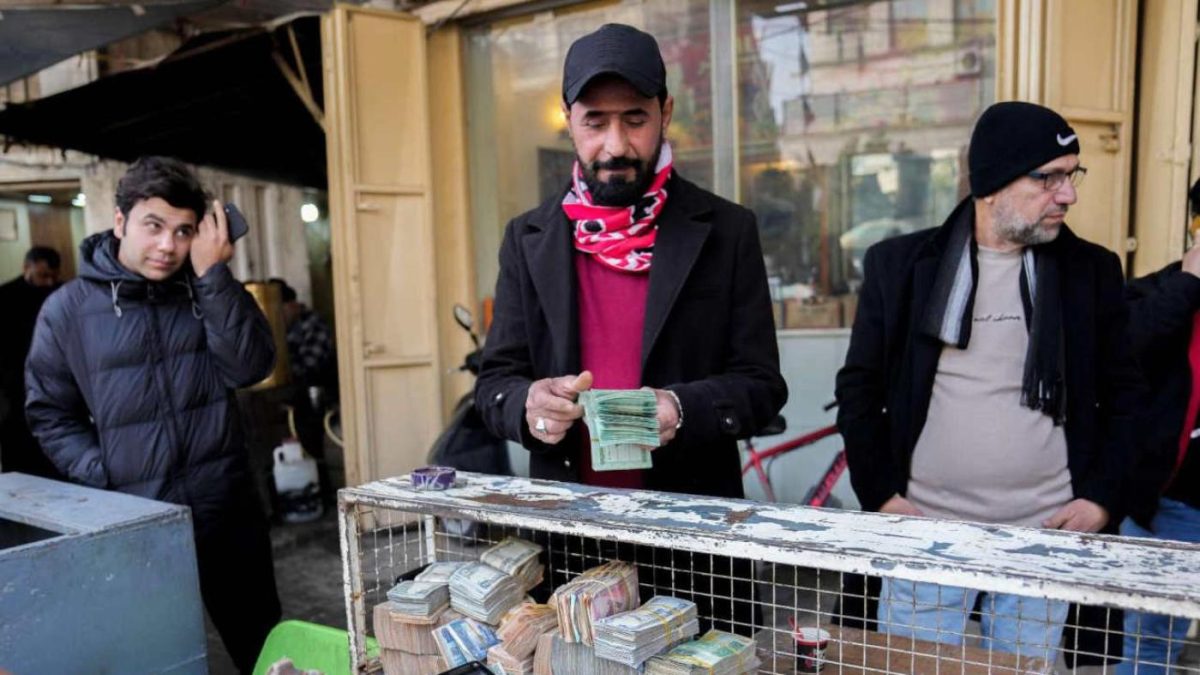The ban was imposed Wednesday by the US Treasury Department and the Federal Reserve Bank of New York, according to a Wall Street Journal report on Wednesday.
The report, citing unnamed Iraqi and US officials, said the move came after Washington discovered that the banks had engaged in money laundering and fraudulent transactions, potentially with sanctioned entities that could benefit Iran.
The ban is part of a wider crackdown by Washington on fraudulent US dollar transactions in Iraq. In November, the US Treasury and the Central Bank of Iraq enacted tighter restrictions on wire transfers.
The US Federal Reserve also began imposing more stringent checks on the source of foreign money being used to buy dollars at Iraq’s daily currency auction.
The US dollar is a de facto second currency in Iraq. The government keeps its foreign reserves at the Federal Reserve Bank of New York.
In order to extract the funds and turn them into dinars, the Central Bank of Iraq requests dollars from the Fed, which it then sells to private banks and other financial institutions, such as currency exchanges, through a daily dollar auction.
US officials believe that heavily sanctioned Iran has been manipulating the auction to obtain hard currency and that Iraqi banks and currency-exchange houses had gamed the auction, buying dollars at a fixed rate and selling them on the street at a much higher price.
Last year, about $200m per day on average was being sold through the auction to private banks and companies.
But that figure dropped sharply in the final two months of the year as the US stepped up its scrutiny, falling to a daily average of $56m by late December, according to data reviewed by MEE.
The beefed-up restrictions triggered a collapse in the dinar and surging prices for imported goods, with the Iraqi government struggling to meet its obligations, including the salaries of millions of public employees, pensions, and social support.
The currency crisis sparked protests across the country and the governor of the central bank resigned “because of his inability to face the crisis”, an advisor to Prime Minister Mohammed Shia al-Sudani previously told Middle East Eye.
But US officials believed their oversight worked, reducing the illicit trade in dollars to countries like Syria and Iran, and helped them sniff out the 14 blacklisted banks.
Several of the banks had already stopped conducting transactions because they were unable to meet the new requirements, officials said. Others turned to using cash cards credited with Iraqi dinars, then transporting them to nearby countries in an attempt to withdraw the funds in dollars, the officials added.
